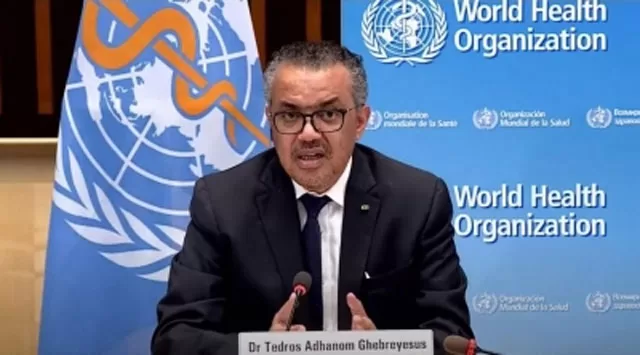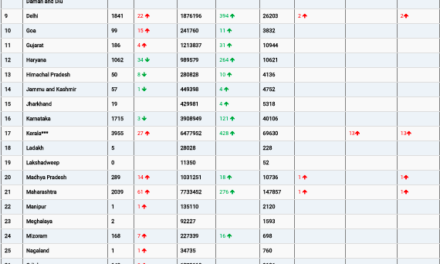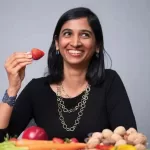Delhi, September 2024: Climate change poses a formidable challenge to the global food system, warned Dr. Tedros Adhanom Ghebreyesus, Director-General of the World Health Organization (WHO), during the second Global Food Regulators Summit held in Delhi. In a video message to the attendees, he emphasized the urgency of addressing climate change’s impacts on food security and safety, and called on national food regulators to play a central role in harmonizing regulatory policies worldwide.
“Beyond climate change, population growth, new technologies, globalization, and industrialization are also placing unprecedented pressure on global food systems,” Ghebreyesus stated. He underscored that food regulators are on the frontlines of combating unsafe food, which contributes to approximately 600 million cases of foodborne diseases and 420,000 deaths annually. Notably, children under the age of five are disproportionately affected, accounting for 70% of these fatalities.
Ghebreyesus emphasized the critical role the food regulator community must play in overcoming these challenges, ensuring that food safety remains a global priority.
Dr. Samuel Godefroy, President of the International Union of Food Science and Technology (IUFoST), echoed this sentiment, emphasizing that food science and innovation are vital to human survival in the face of mounting environmental and economic pressures. He also lauded India’s Food Safety and Standards Authority of India (FSSAI) for its efforts in bolstering global food safety and regulatory networks.
Steve Wearne, Chairperson of Codex, acknowledged India’s robust investment in food safety regulations and its leadership in hosting subsidiary commissions of Codex Alimentarius, the global food standards body. He emphasized that India’s commitment to Codex is helping to enhance food safety standards not only within its borders but globally.
A significant highlight of the summit was the launch of the Food Import Rejection Alerts (FIRA) portal. This online platform will notify both the public and food safety authorities about food import rejections at Indian borders, aiming to enhance transparency and prevent unsafe food from entering the domestic market.
The two-day summit, which brought together key global food safety stakeholders, saw the participation of over 5,000 physical attendees and virtual engagement exceeding 150,000. Among those attending were 100,000 food business operators, 40,000 students and researchers, 6,000 exporters, 5,000 importers, and 3,500 food safety officers. Additionally, 2,500 food safety trainees, 2,000 laboratory officials, and 800 Food Safety Mitras took part, along with representatives from Indian missions in over 60 countries.
As climate change continues to reshape the global food landscape, summits like this are crucial in fostering collaboration between nations to ensure that food systems remain resilient, safe, and sustainable.











